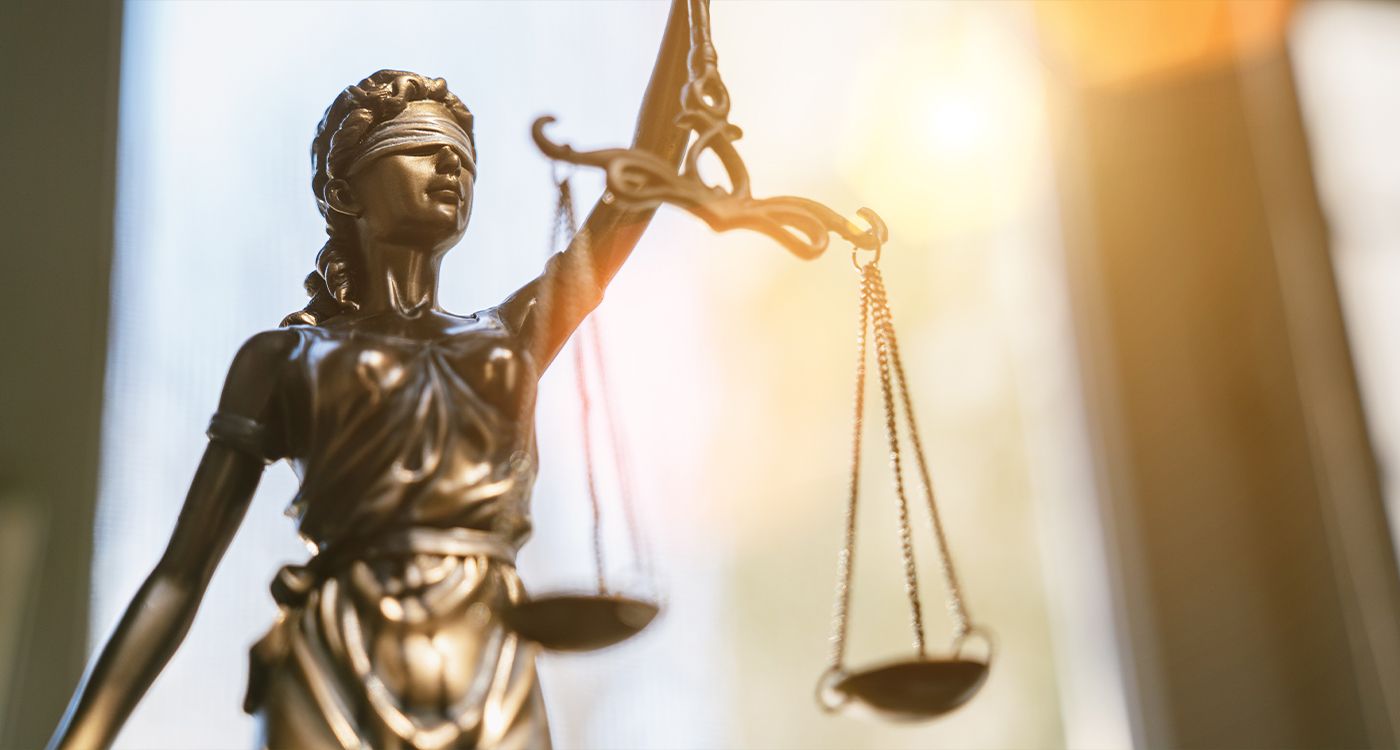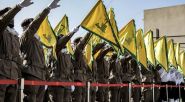
When I was questioned by State Security (SS), I couldn’t help but recall the methods of Nazi Germany’s political police, particularly Heinrich Himmler’s infamous Gestapo. Yet, unlike the Nazi regime’s political police, the one manipulated by Shiite fascism is a bunch of hired killers and mafiosos, exploiting honorable soldiers—men who enlisted in the army to serve their nation and provide a decent life for their families. The contradictions and absurdities of the situation quickly became glaringly obvious: the soldiery ordered me to sign a detention notice without clarifying its nature, although it is my right to be informed of the charges and grievances against me. The only response I received was an instruction to sign the document, with no explanation or legal justification whatsoever.
I was expected to comply without question or clarity regarding the grounds for my interpellation. To compound the absurdity, I was formally summoned to the infamous Ramlet al-Baida, a location notorious as the Ba’ath regime’s political police headquarters during the Syrian occupation. This site, steeped in the horrors of the Alawite dictatorship, is synonymous with torture and its enforcers—men like Ghazi Kanaan and Rustom Ghazali. The haunting memories of murder were so tightly intertwined with the nature of my detention that I resolutely refused to comply, insisting on speaking with the soldiers’ superior. My demand, however, was met with the same response: an unconditional order to appear, with no justification provided, only a concession regarding the location of the interrogation.
A State that claims to uphold the rule of law permits arbitrary interpellations: agents arrive in the evening, disregarding habeas corpus, and prevent my concierge from informing me, though it is her legal obligation. They knock impatiently on my door when a simple ring of the bell would suffice. These are the typical intimidation tactics of a banana republic, which both shocked and deeply angered me. I recognized this as a deliberate act of malice, one that strengthened my resolve to face the unexpected with unwavering determination, like an old gladiator and a militant who, for 52 years, has carried the burdens of an unyielding struggle against terror and dictatorship—a torment that continues, even 60 years later.
The democratic illiteracy of this political police is even more alarming as it highlights the disintegration of the institutions of what was once the only rule-of-law state in a region that swung between the extremes of archaic tribalism, totemic religiosity, and primitive totalitarianism. These forces deliberately dismantled the anthropological and historical foundations of constitutional democracy and pluralism, as well as the principles of liberalism, which once offered the hope of an alternative paradigm in this part of the world. By choosing to confront State terror, I gained the support of the journalistic community, human rights lawyers, democratic opposition parties, World Lebanese Cultural Union (WLCU), various diasporas, academics, religious groups, and my comrades in the struggle—each reinforcing our determination, persistence, and relentless fight.
Our civil society has never had the State institutions it deserves, enduring the repeated shocks of regional imperialism that have relentlessly attacked our model of political civility and social conviviality, in a world where the clash of barbarity has no end. I will defend myself on behalf of all the voiceless victims, turning this into a lesson of unwavering rigor and resolve to uphold our national rights, our rule of law, and our humanist values, which will always remain the ultimate foundation of coexistence that has defined us. We will stand firmly against totalitarian confinement and the concentration-like system forced upon us. Our nation will always be defined at the crossroads of constitutional patriotism, a State based on the rule of law, and multi-secular humanism—its foundational pillars. Y la lucha continua.




Comments